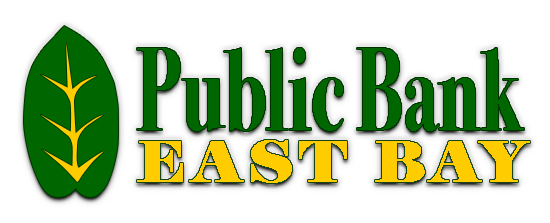What is a Public Bank?
A financial institution owned by public entities, such as a city/county/region, instead of private shareholders
Public Banking Made Easy
A public bank is owned and controlled by the people of the city, state, or region it serves. It takes revenue deposits from the governments in its region (and can take deposits from semi-governmental organizations such as EBMUD or BART). Because it is a public entity, rather than a completely profit-driven corporation, it is in a position to both save money and make money for its depositors and — much more important — for the people who live in the cities, states, and regions using the Bank.
Instead of being a retail bank, our Bank will work with local community banks and credit unions to make better, more favorable loans to local businesses, and local individuals. Public banking has several strongholds around the world, including Germany — where public banking profits are largely responsible for the green energy surge — Costa Rica, and Vietnam. Public banks currently hold about ⅓ of the money in circulation in the world.
Learn more about how PBEB Lending Priorities will benefit you & our communities.
Public Banks ensure our dollars are working for the public good by:
Allowing governmental agencies to divest public money from projects that don’t align with our priorities or community values like fossil fuels.
Investing in a circular, local economy that actively meets and adjusts to community needs.
Increasing public revenue without raising taxes.
What Public Banking is NOT:
A retail bank housing accounts for individuals and small businesses.
Competition for local financial institutions. Both the California Public Banking Act and our mission involve partnering with community banks, credit unions, and CDFIs to expand their reach.
An extractive drain on the community
Bailouts for All… At Whose Expense?
The FDIC decision to bail out all depositors in the failed banks simply illustrates that the banks are only private when they succeed, and a public trust when they fail.
Public banks are public from their inception; our successes build community wealth and meet local needs.









